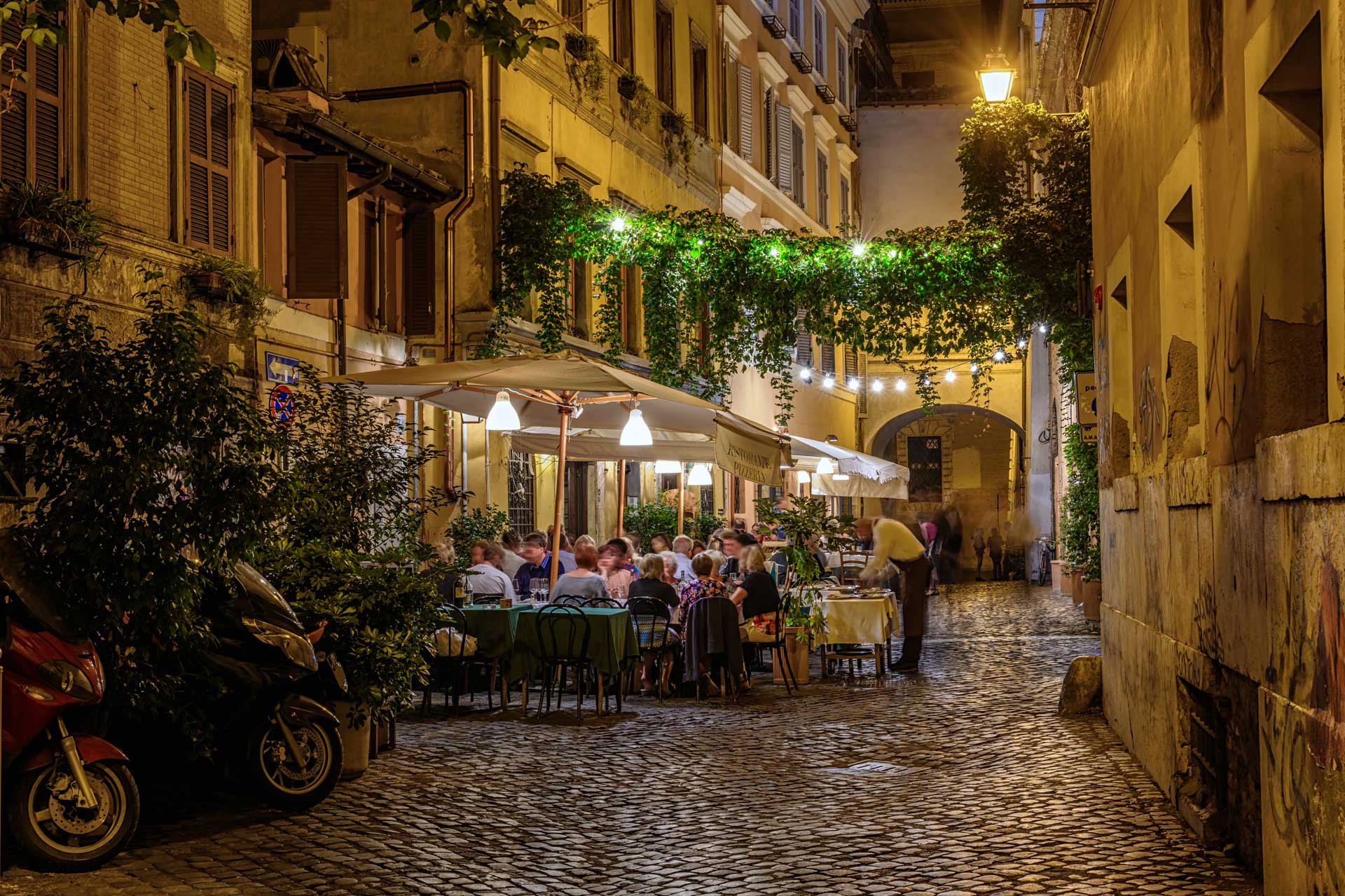
Italian grammar Who need's help?
by admin. June 3, 2022. Verb to be in Italian is "Essere" and verb to have in Italian is "Avere" and they are irregular verbs in Italian as in many other languages. These are the forms of verb to be (Essere) and verb to have (Avere) in the present indicative. Italian grammar lesson ( Verb to be and verb to have in the present ) ( Verb.

The verb “AVERE” is used to translate the English verb “to have” and it
The avere conjugation is one of the most important conjugations in the Italian language. It is the equivalent of the English verb to have and is used to indicate ownership or possession.. It is also one of the two auxiliary verbs (the other one is essere - to be) in Italian.This means that avere is also used to help conjugate transitive verbs in order to form compound tenses.

11 Absolutely MustHave Italian Pantry Staples Lavender & Macarons
About Press Copyright Contact us Creators Advertise Developers Terms Privacy Policy & Safety How YouTube works Test new features NFL Sunday Ticket Press Copyright.

learntospeakitalian.info Como aprender italiano, Aprender italiano
have (also: absorb, burn, commit, consummate, deplete, drain, drink, eat up, erode, expend) volume_up. consumare [ consumo|consumato] {vb} more_vert. The time has come to learn how to consume on a large scale in a low-carbon manner.

LARGE posters Italian verbs "Essere" and "Avere" (To Be, To Have) a
Google's service, offered free of charge, instantly translates words, phrases, and web pages between English and over 100 other languages.

Pin on Travel
Grammatica The Italian verbs essere to be and avere to have are surely the most important verbs to know when you learn Italian. Italian essere and avere - to be and to have. Italina essere and avere - to be and to have Essere You use the verb essere for many things, for example to tell: Avere

THE VERB "TO HAVE" IN ITALIAN WHEN AND HOW TO USE IT (2023)
Avere is the Italian verb for "to have". Knowing the conjugation of avere is very useful in daily conversations. Just as we do in English, Italians use it to show possession or ownership of something, and there are endless uses for avere ! It's also an auxiliary verb, like essere (to be).

dovere to have to dovere tohaveto italian parliamoitaliano
How do you say "to have" and "to be" in Italian? Let's learn two Italian verbs for beginners!Learn Italian with this video with subtitles :)⛛ Follow me on In.

strong is the only choice you have italian tattoo my tattoos
The Italian verbs essere and avere are the two auxiliary verbs of the Italian language. Essere means "to be", while avere means "to have". Lesson outline Hide 1. Usage of auxiliary verbs 2. Usage and function of avere 3. Conjugation of avere 3.1. Indicativo 3.1.1. Presente 3.1.2. Passato prossimo 3.1.3. Imperfetto

Helpful Italian Words and Phrases CDV Italy Cooking Vacations Blog
How to say have in Italian Italian Translation avere More Italian words for have avere verb be, get, possess, own, feel essere verb be, become, get, exist, happen disporre verb dispose, place, arrange, order, will fare verb do, make, be, get, act possedere verb possess, own, hold ottenere verb get, obtain, achieve, gain, attain prendere verb

Argentine stars, Italian surnames The New European
What is the verb "to have" in Italian and how you use it? When talking at the present, you can use "to have" in Italian for many different reasons, like to t.

11 Absolutely MustHave Italian Pantry Staples Lavender & Macarons
Lawless Italian is an official Lawless Languages site. Avere is one of the most common and useful Italian verbs and has irregular conjugations in just about every tense and mood. Avere literally means "to have," but also serves an an auxiliary verb and is found in many idiomatic expressions. - Lawless Italian.

149 Must Have Italian Phrases for Travelers Living Villa Cappelli
It translates in English to had, have had. Indicativo Imperfetto: Imperfect Indicative A regular imperfetto. Indicativo Passato Remoto: Remote Past Indicative An irregular passato remoto (for some persons). A remote storytelling past tense, a bit awkward with avere, now often replaced with the passato prossimo .

Eating in Italy The Do's and Don'ts of Italian Etiquette Tuscany Now
Avere (to have): Italian grammar lesson 2. This grammar note explores the importance of the verb avere (to have) in Italian. It highlights that it encompasses not only ownership and possession but also various other meanings such as receiving, holding dear, and expressing states. The verb is also one of the two auxiliary verbs in Italian, used.

Do I have Italian/Spaniard facial features? r/teenagers
to eat or drink something avere, prendere, mangiare I had a drink of water.

Learn how to conjugate the Italian verb (ending in ERE) LEGGERE in the
Verb: avere (to have) I have io ho You have tu hai She / it has lei ha He / it has lui ha We have noi abbiamo All of you have voi avete They have loro hanno Let's see it in action by talking about how hungry we are! I have hunger (I am hungry) io ho fame You have hunger (you are hungry) tu hai fame She / it has hunger (she/it is hungry) lei ha fame